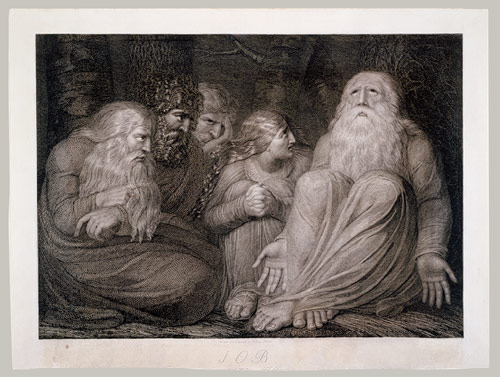Jeffrey Overstreet talks about sports-and-faith movies in relation to the recent film When the Game Stands Tall. He says movies of this type usually reinforce bad ideas and behaviors.
“It’s a simple formula,” he says. “Show that winning and losing is fraught with trouble if the game is played for the wrong reasons (for glory, for money, for self-gratification). Then show the athletes learning some Sunday school lessons about humility and teamwork. And once they’ve learned those lessons, then give the audience the satisfaction of seeing those who are In The Right achieve personal victories (reconciling the family, winning the virtuous but skeptical girl, overcoming the bullies)… and, usually, scoreboard victories as well.”
The story easily preaches that good guys or the faithful will win, and God will win it for you, supporting the common belief that a good life with earn good rewards. There’s truth there, but when life gets hard or unjust, then we will crumble if our faith is in this formula, not the living God. I think the church in America needs the backbone that would come from knowing God is faithful even when we don’t win.
Jeff offers a good list of ideas he would like to see challenged in a movie about sports:
- “how the commercialization of sports ends up encouraging lifestyles that are the antithesis of teamwork, health, and wholeness;
- how money corrupts the whole enterprise, from outrageous salaries to the excesses of the circuses that tend to surround professional sports events;
- how sports culture glorifies youth, and finds little of value in the experience of aging, so that athletes vanish from the national stage once they are too old to dominate the stage (unless they have enough charisma to become part of the youth-worshipping media machine);
- how “fan spirit” usually devolves into tribalism.”
That’s only half of his list. Have you seen this movie? What did you think of it? If you like, share your thoughts on other sports-themed movies.



